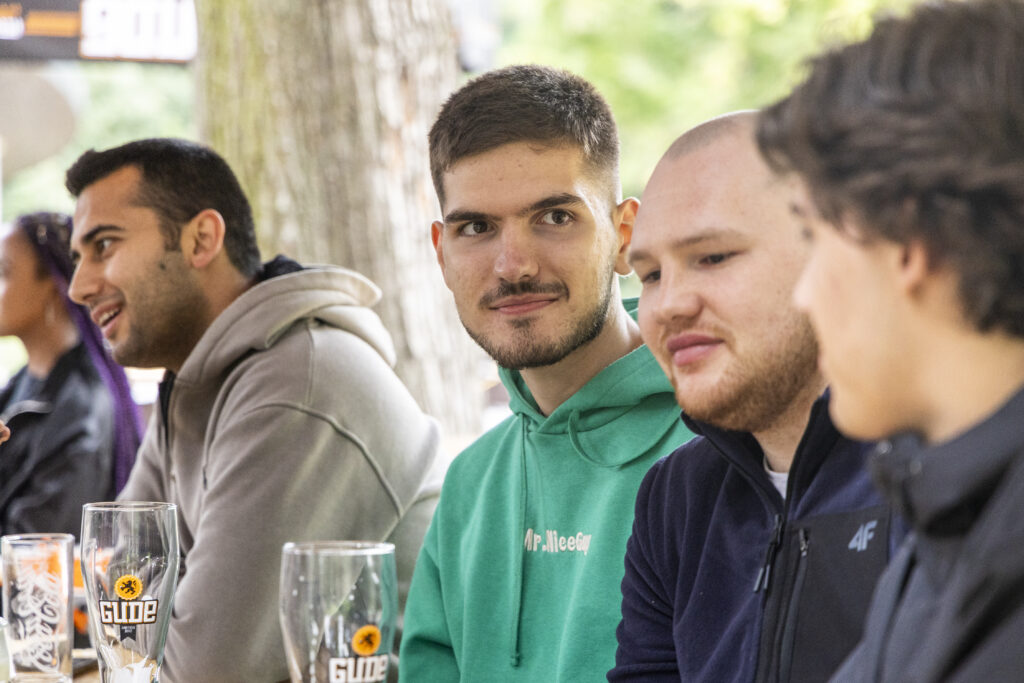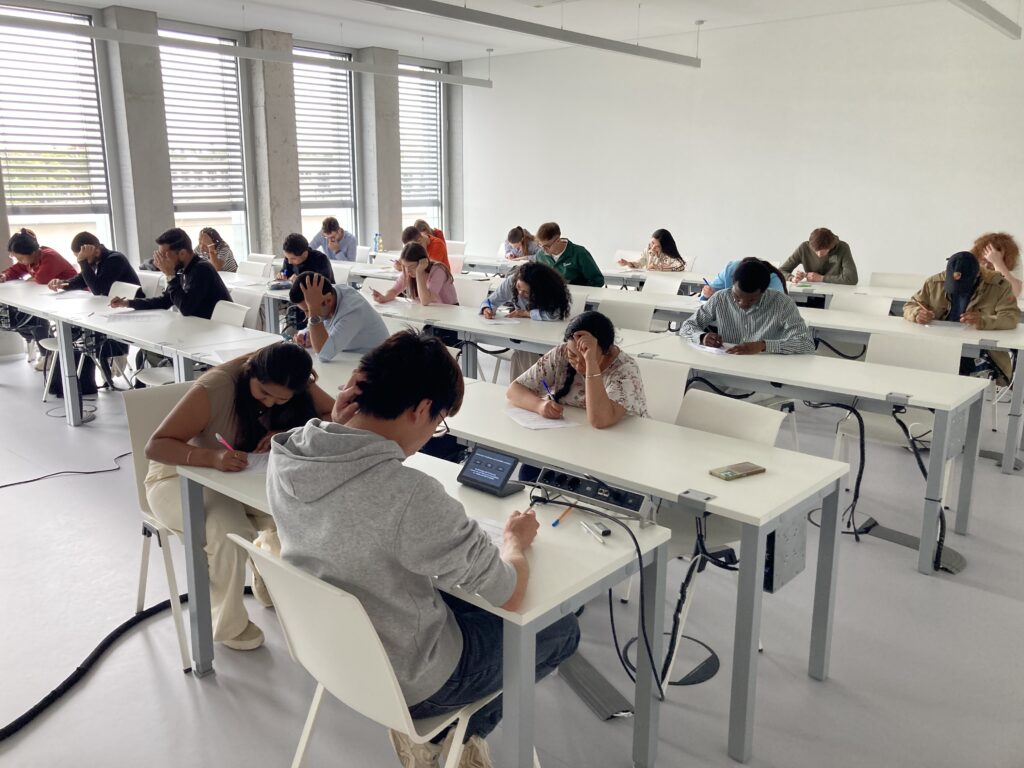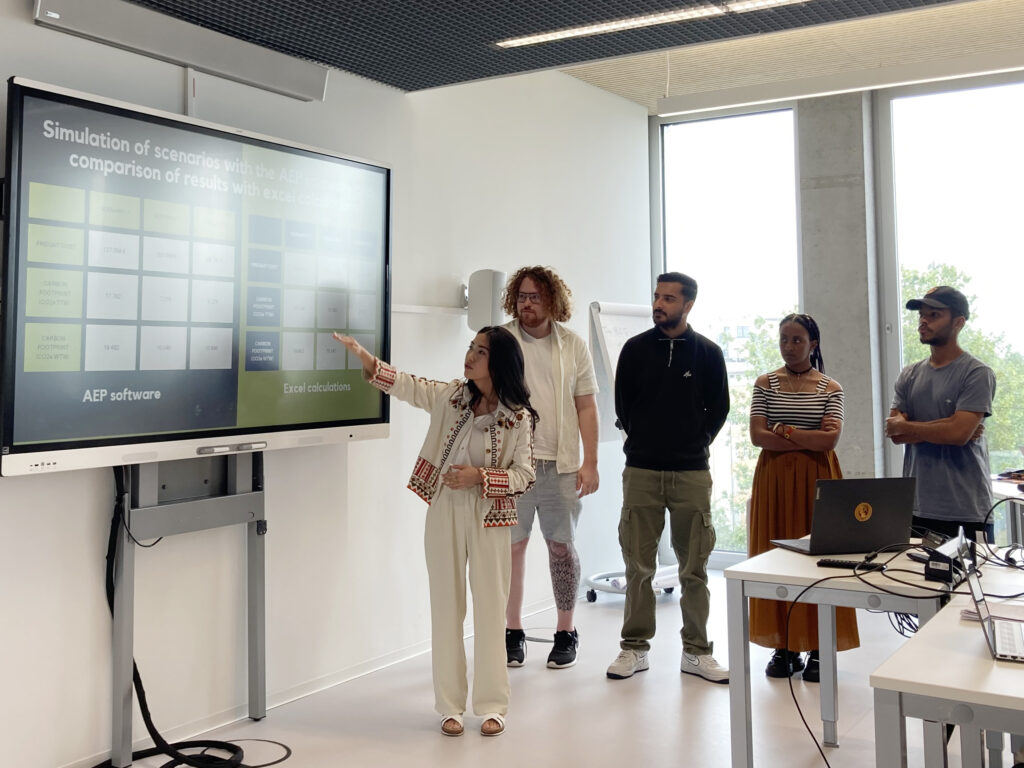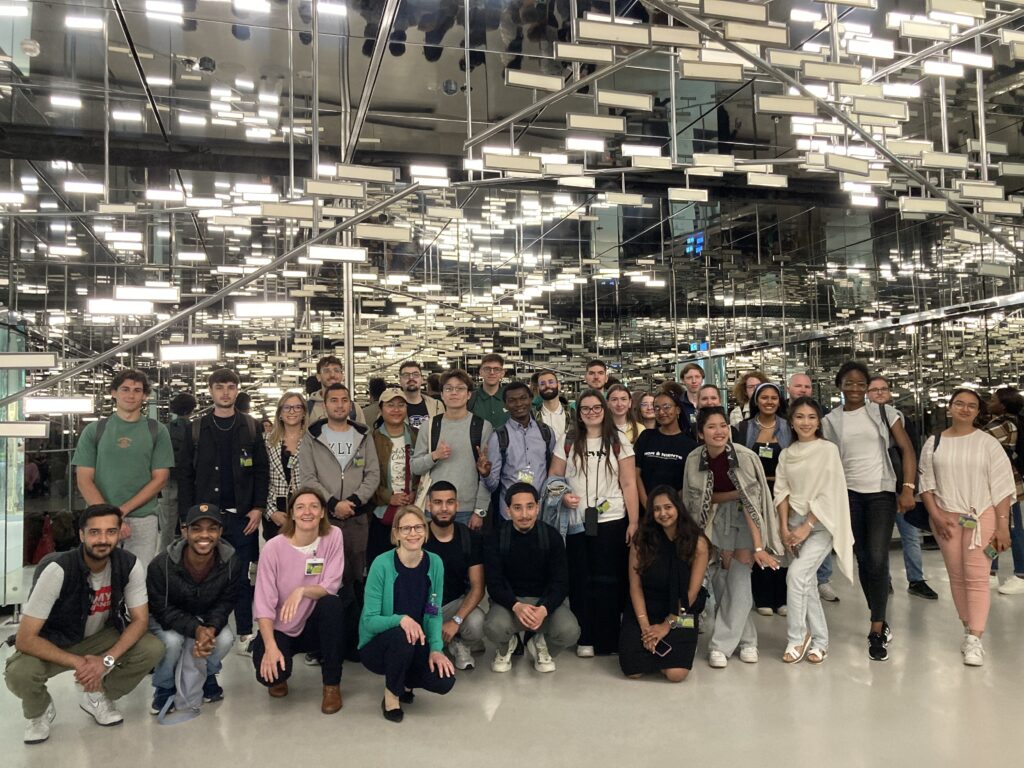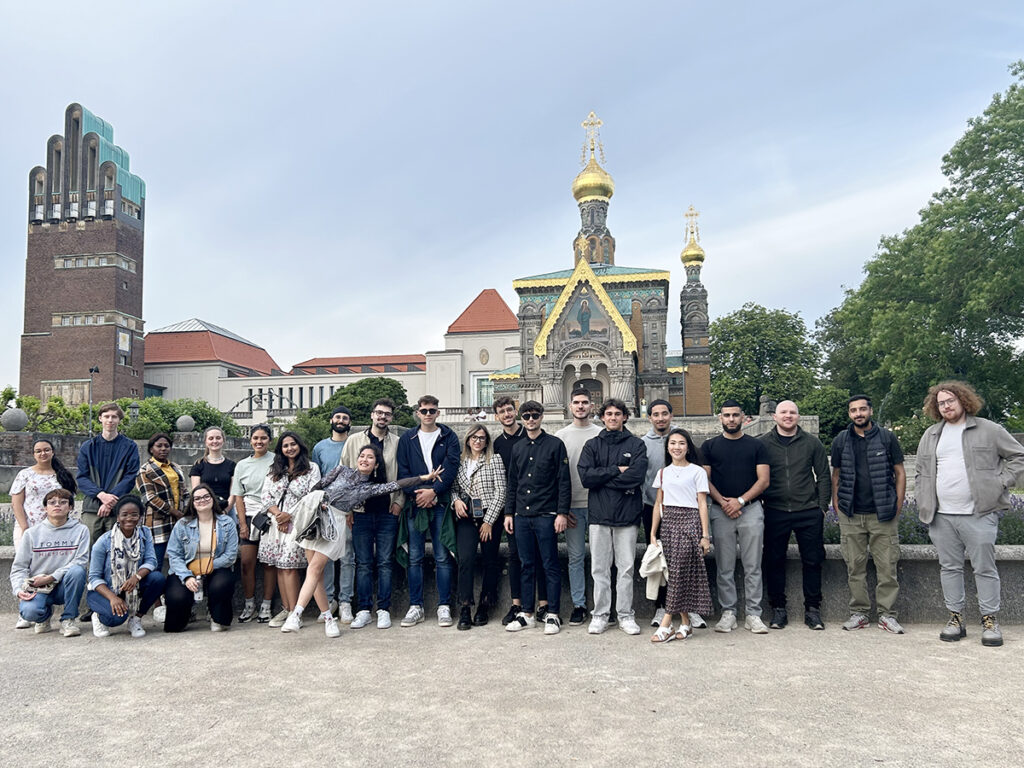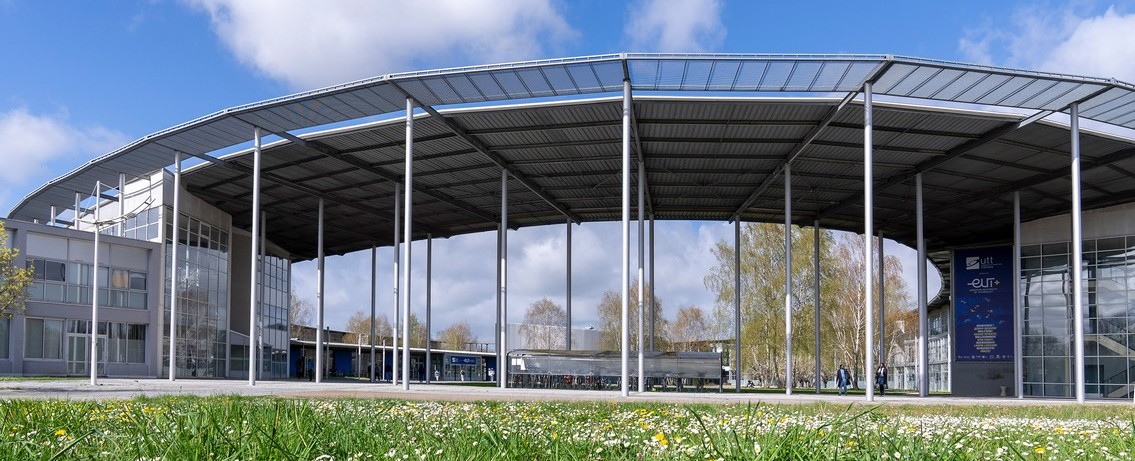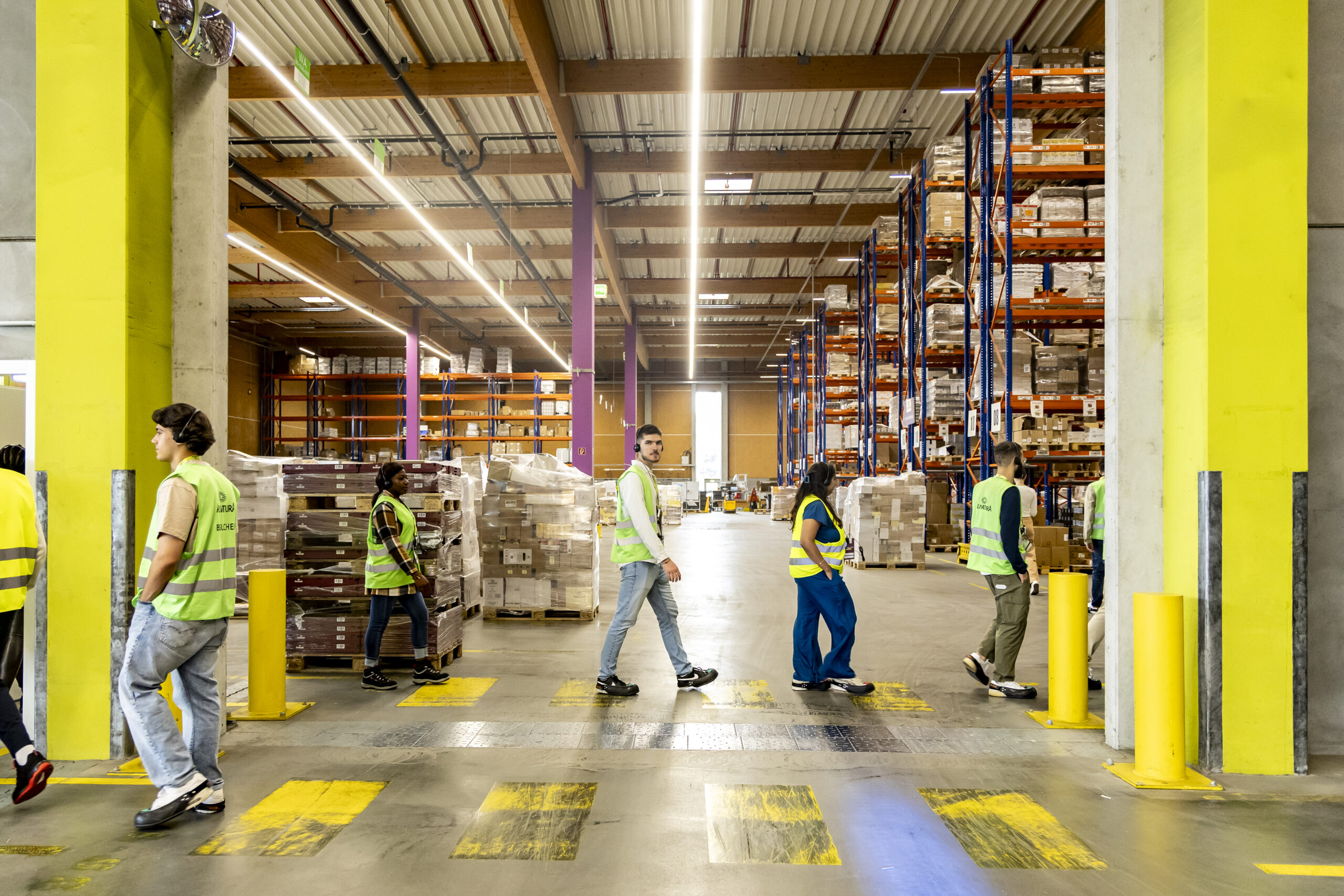
- About EUt+
- About TU-Sofia
- News
- Partners
- Cyprus University of Technology (CUT)
- Technical University of Cartagena (UPCT)
- Technological University Dublin (TU Dublin)
- Darmstadt University of Applied Sciences
- Riga Technical University (RTU)
- University of Technology of Troyes
- Technical University of Cluj-Napoca
- University of Cassino and Southern Lazio (UNICAS)
- Education
- Research
- Offices

